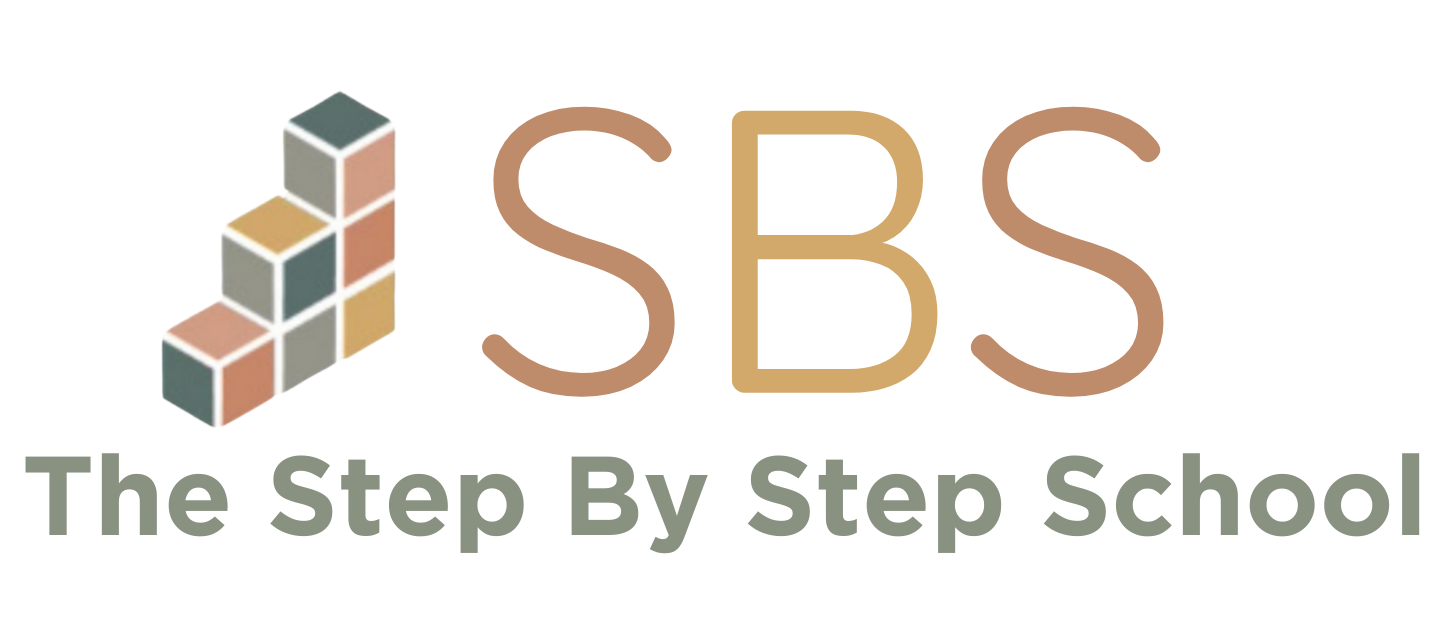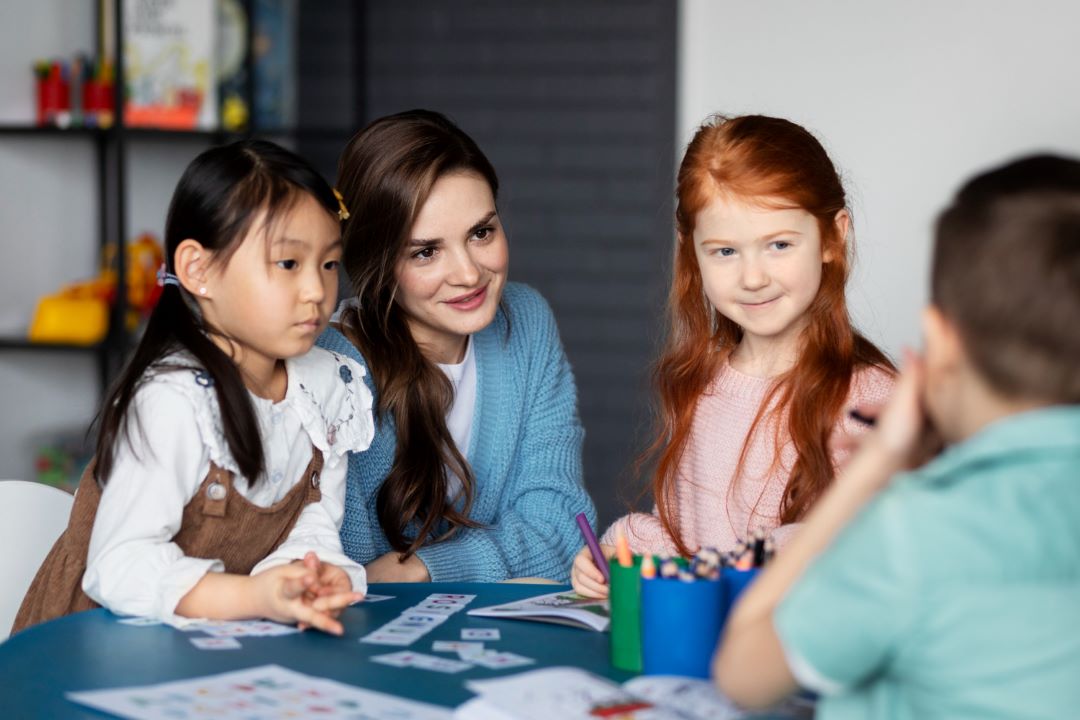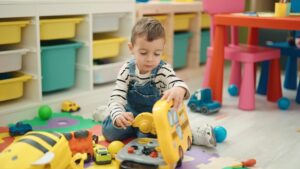When parents begin searching for the best early education options in Hoboken, one important factor often overlooked is class size. The number of children in a preschool classroom can significantly impact how each child learns, grows, and connects with their peers. Smaller class sizes don’t just mean fewer students—they represent a more supportive environment that nurtures personalized attention and fosters stronger learning experiences in preschool.
The Impact of Class Size on Early Learning
In early childhood education, every interaction matters. When teachers have fewer students, they can spend more one-on-one time understanding each child’s learning style, strengths, and areas needing extra support. This focused attention enhances comprehension, communication, and emotional development—critical components of positive learning experiences in preschool.
Smaller classes also allow teachers to adapt lessons to fit each student’s pace. Rather than rushing through activities, children can explore subjects in greater depth, building curiosity and confidence that carry through their later academic years.
Encouraging Individualized Learning Experiences
Children learn best when they feel seen and heard. In smaller classrooms, teachers can tailor their approach to suit different personalities and developmental stages. Whether a child thrives in hands-on activities, storytelling, or structured play, individualized instruction helps maximize engagement and retention.
Moreover, these focused environments encourage participation. Children are more likely to speak up, ask questions, and share ideas when they’re not overwhelmed by large groups. This balance nurtures social confidence and reinforces meaningful learning experiences in preschool.
Strengthening Teacher-Student Relationships
One of the most valuable benefits of smaller class sizes is the strong bond formed between teachers and students. With fewer children to manage, educators can connect more personally, observing emotional cues and behavioral changes more easily. These close relationships create a sense of security and trust that allows children to thrive academically and socially.
In Hoboken’s competitive early education environment, programs like those offered at The Step by Step School emphasize nurturing connections. This focus helps create a safe and inspiring space where every child feels valued, understood, and encouraged to reach their full potential.
Building Better Social Dynamics
Smaller groups help children develop stronger peer relationships. In large classrooms, it’s easy for quieter or more reserved students to feel left out. In smaller ones, collaboration and friendship come naturally. Children learn empathy, teamwork, and problem-solving—skills essential for lifelong learning.
Teachers can also monitor social interactions more effectively, guiding children toward respectful communication and cooperative play. These early social lessons are part of what makes smaller settings so effective in shaping well-rounded learning experiences in preschool.
Enhanced Communication with Families
Parents benefit, too. When classrooms are smaller, teachers have more time to share progress, address concerns, and collaborate with families on developmental goals. This consistent communication strengthens the bridge between home and school, creating a unified approach to learning that supports children beyond the classroom.
Families in Hoboken seeking a school that values close teacher-parent partnerships can contact The Step by Step School to learn how smaller class sizes positively shape each child’s growth and confidence.
The Long-Term Academic Advantage
The benefits of smaller class sizes extend far beyond the preschool years. Children who experience personalized early education often enter elementary school with stronger language skills, emotional intelligence, and problem-solving abilities. They are more adaptable, confident, and ready to embrace challenges—key ingredients for continued academic success.
A 2023 study from the National Institute for Early Education Research reinforces this, showing that lower student-to-teacher ratios significantly improve learning outcomes and overall engagement during early childhood education.
For Hoboken families, choosing a preschool with smaller class sizes means investing in an approach that supports not just today’s milestones but tomorrow’s potential.
Creating Meaningful Learning Experiences in Preschool
Ultimately, smaller class sizes give educators the space to focus on what matters most—developing well-rounded, curious, and confident learners. Children in these environments receive attention, encouragement, and structure that lay the foundation for lifelong success.
To see how this nurturing environment comes to life, visit The Step by Step School on Hudson. You’ll find that smaller class sizes are not just a number—they represent a deeper commitment to your child’s growth, creativity, and joy in learning.
Conclusion
Choosing a preschool is one of the most important decisions parents make. While curriculum, location, and activities all play a role, class size is equally critical in shaping the quality of learning experiences in preschool. A smaller, more focused setting ensures that every child receives the attention, encouragement, and care they deserve.
If you’re a Hoboken parent seeking an environment that prioritizes individualized learning and emotional development, contact The Step by Step School today to schedule a visit. Discover how smaller class sizes can help your child flourish—academically, socially, and emotionally.
FAQs
1. Why do smaller class sizes improve learning experiences in preschool?
Smaller class sizes allow teachers to provide individualized attention, helping children grasp concepts more effectively and build confidence.
2. How do smaller preschool classes support emotional development?
They create a secure environment where children feel seen, understood, and supported, promoting stronger emotional growth.
3. Are smaller class sizes better for social interaction?
Yes, they encourage more balanced peer relationships and give every child the opportunity to participate, collaborate, and communicate.
4. What should Hoboken parents look for when choosing a preschool?
Look for programs emphasizing personalized learning, open communication with parents, and smaller class sizes for the best experience.
5. How do smaller classes prepare children for future education?
Children from smaller preschool settings often develop stronger academic foundations, social confidence, and curiosity that carry into later years.









